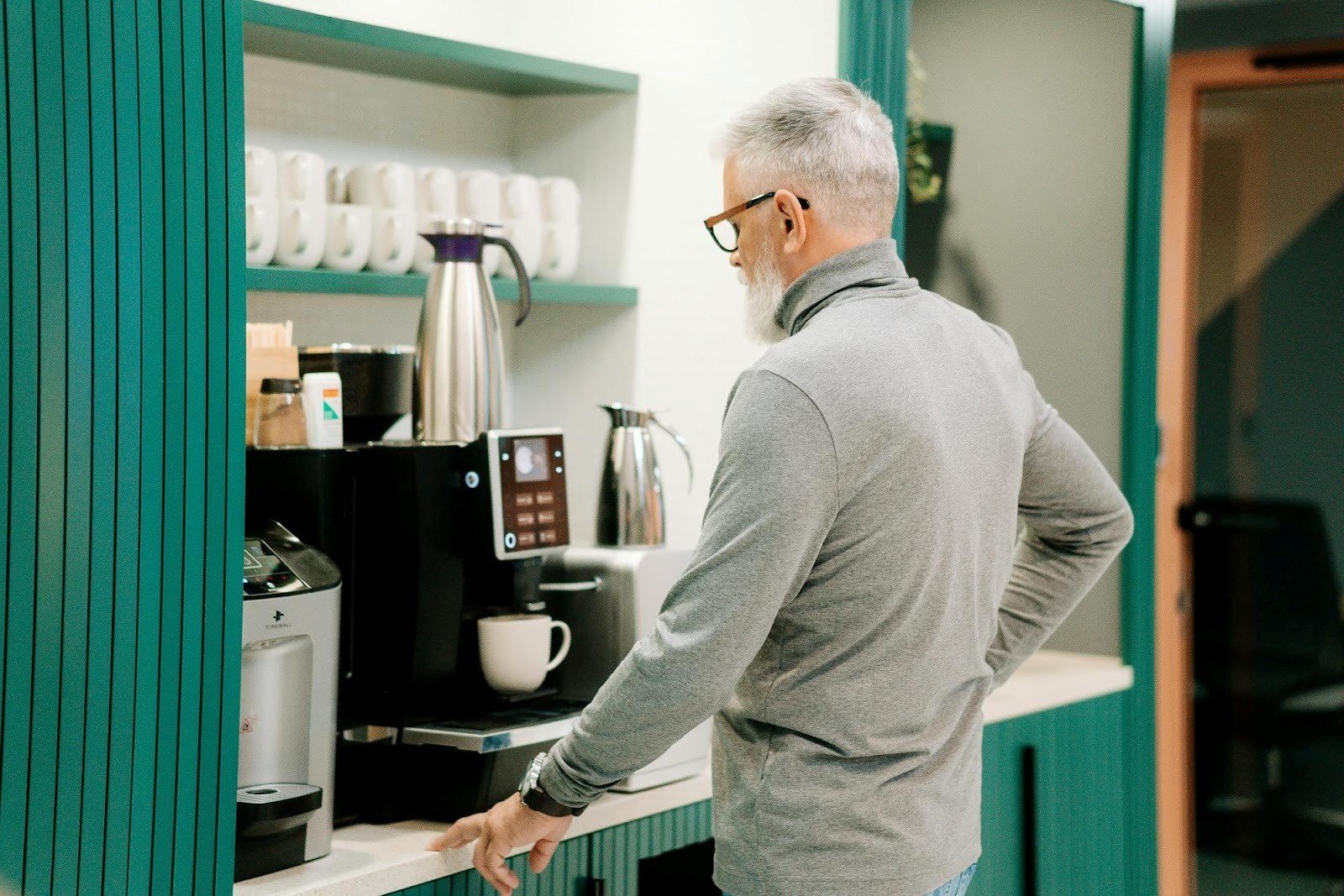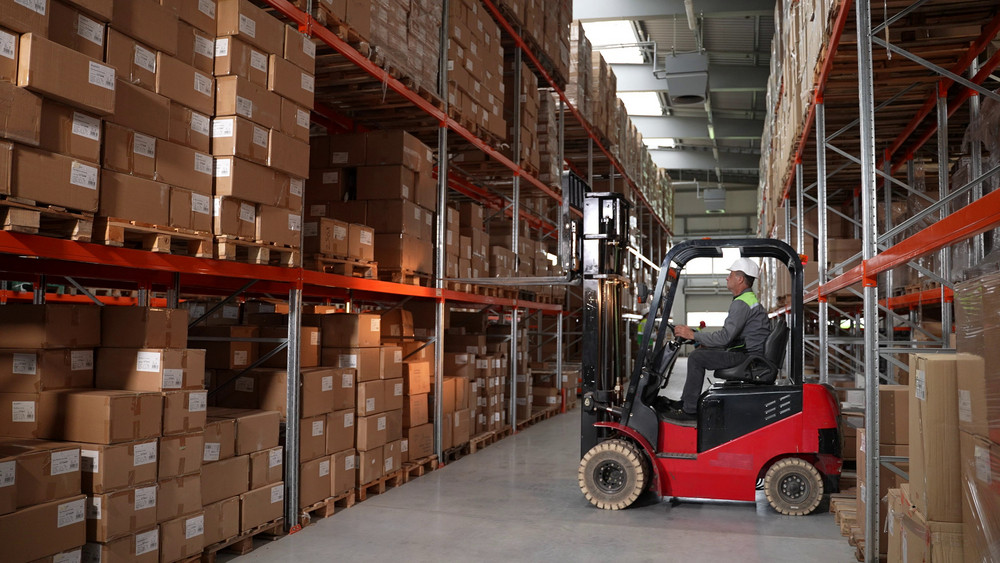How Digitization Is Changing the Organic Product Industries


Organic products used to languish on a grocery shelf, observed suspiciously by buyers with coupons for cheaper selections. Now? Everything changed. Digitization has brought these items to the forefront, causing old-school firms to reconsider their strategies while startups advance with digital tools. QR codes, online stores, and real-time supply chain data have made openness more crucial than a glossy “natural” label. Companies must produce proof or risk falling behind faster than Instagram’s avocado toast craze.
So, why this shift? Digitization is changing industry standards and expectations. It’s not just about sales—it’s about storytelling, traceability, and trust. Customers crave origin stories, eco-certifications, and visible values. Transparency drives loyalty in this new digital ecosystem.
Trust in the Spotlight
Like other industries, the organic sector has experienced product recalls and supply chain transparency issues. Some brands make grandiose purity claims without evidence. More open companies, such as One Farm, disclose their sourcing and certification methods. These companies enhance customer knowledge and market responsibility by making agricultural and production data available, often via QR codes. This level of visibility builds trust, empowers informed decisions, and sets a higher standard for the entire industry—encouraging others to follow suit or risk being left behind.
Speed over Tradition
Inventory logs used to live inside dusty office files or on someone’s clipboard—and heaven helped anyone who needed them quickly. Now, real-time dashboards show sales trends before breakfast ends. Farmers spot climate threats early thanks to sensor networks linked straight to mobile devices. A sudden blight? There’s an app alert for that—much faster than word of mouth ever managed. Instant data transfer between field, factory, and customer inboxes speeds up decision-making from weeks to hours. Agility replaces stubborn tradition, bringing a new rhythm to the entire operation.
New Ways to Connect
Old marketing followed a single rule: stand out louder than your competitors on TV and strive for customer loyalty during the checkout process. That trick flopped as soon as consumers started Googling everything on their phones during commercial breaks. Modern brands reach buyers where they scroll—not just by buying ads but by starting conversations with educational videos or sustainability updates right on social media feeds. Customer feedback loops grow tighter: reviews fly in seconds after deliveries arrive at a doorstep, sometimes changing company policy overnight if enough voices speak out in unison. In this landscape, relevance isn’t earned with volume but with value. Brands that offer clear insights or behind-the-scenes transparency are rewarded with shares, likes, and follow-through purchases. Even a well-timed comment or helpful reply in a public thread can build trust faster than a polished commercial ever could. As attention spans shrink, authenticity becomes the only lasting currency.
Global Markets Unlocked
A decade ago, selling organic products overseas required nerves (plus piles of customs paperwork). Sellers navigated language barriers and logistical challenges with caution—some chose not to attempt it at all. Digital platforms have wiped away many hurdles practically overnight; now, even small farms can list their goods internationally with a few clicks and some translation support built into e-commerce sites themselves. Secure payments zip across borders faster than bank wires did in the past; blockchain traceability means fewer headaches with certifications abroad as well.
Conclusion
Digital linkages between farmers, retailers, regulators, and late-night smartphone shoppers increase competition each year. Tech-savvy customers who grew up questioning labels now expect transparency. Nobody wants to be known as the organic brand left behind in an analog era when everyone else transitioned to digital overnight. Every leap forward boosts pressure and possibility for those who adapt quickly. Those that embrace traceability demonstrate how digital trust can become a competitive edge.









